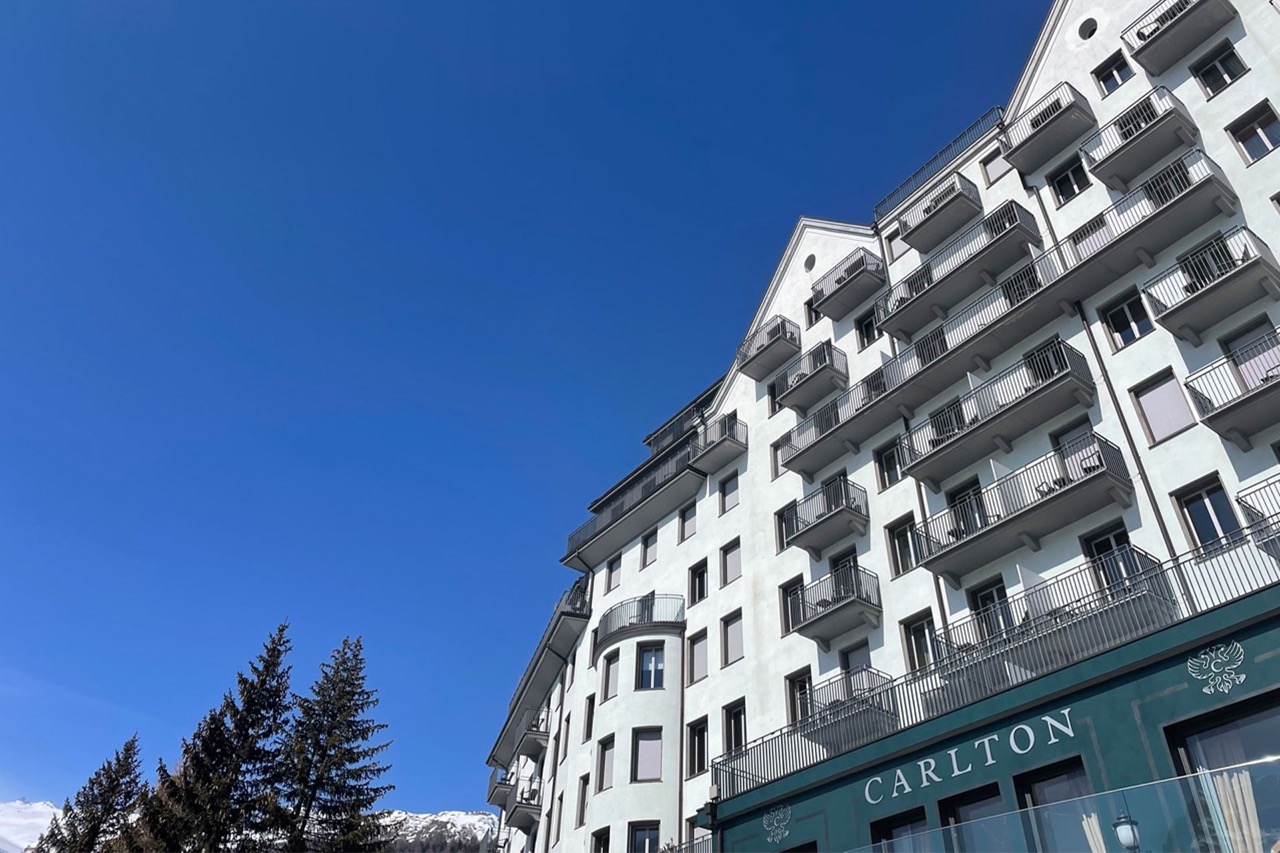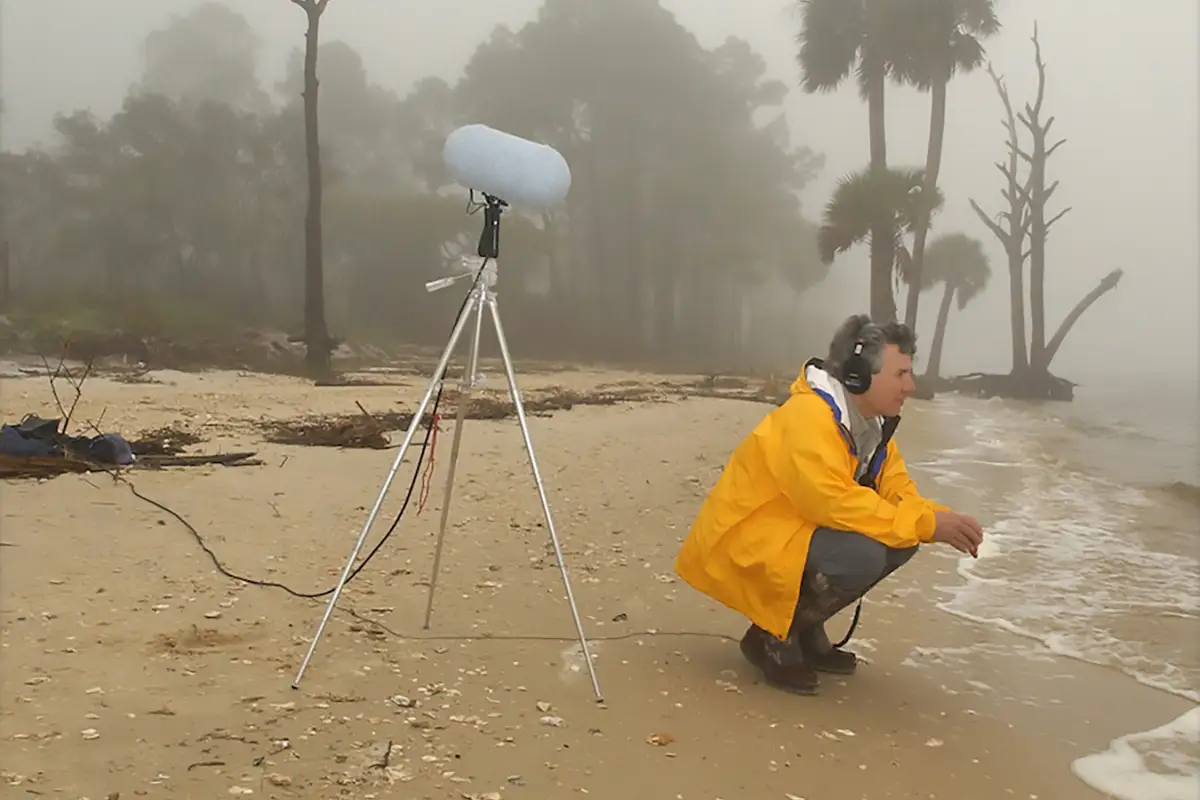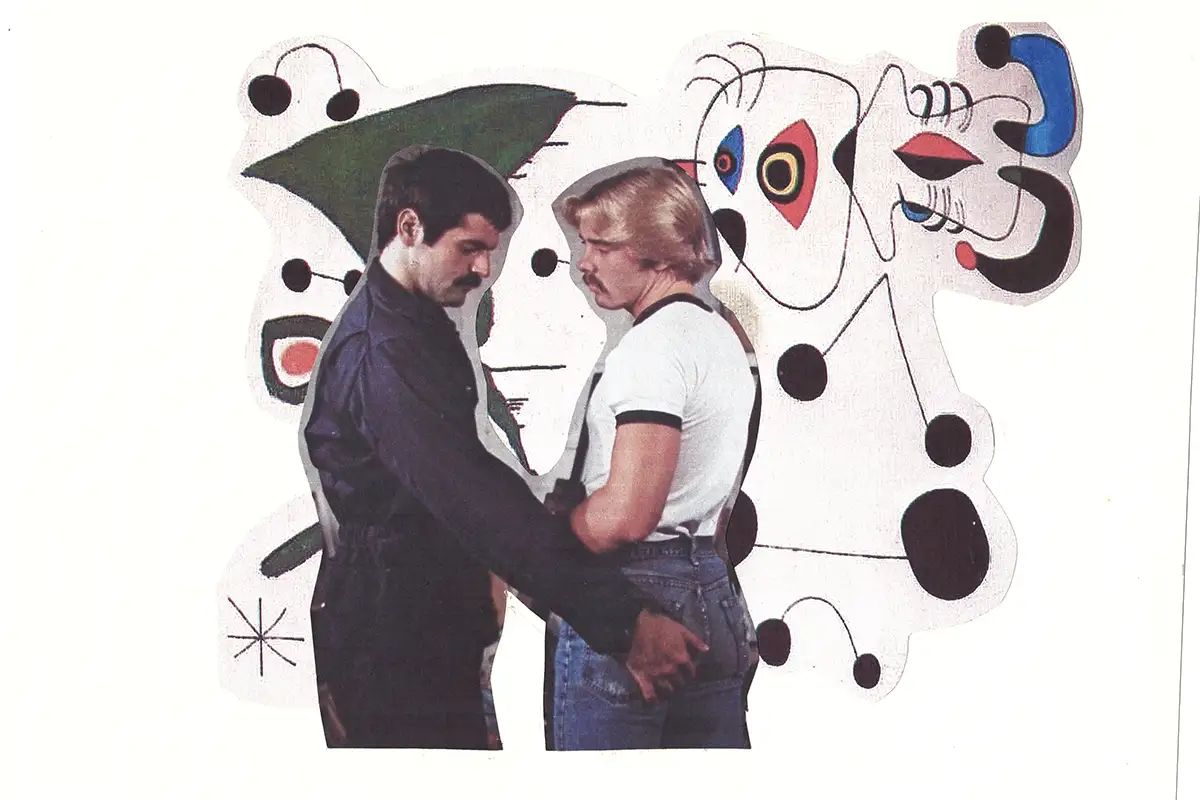2020-2023: the tourism regulatory environment focuses on social and environmental policies for hotels in Switzerland, including The Tschuggen Collection
Switzerland – the country with the highest environmental performance
According to the EPI (Environmental Performance Index) 2018 published by Yale University in the United States, Switzerland is the country with the highest environmental performance. The study compares 180 countries on 24 performance indicators across 10 issue categories covering environmental health and ecosystem vitality, and Switzerland scored 87.42 out of 100 for overall environmental performance, performing strongly particularly in climate, energy and air pollution areas.
In line with these scores, and to address challenges, including rising costs, rapidly changing market trends, and climate change, in 2017 the Confederation published a new tourism strategy, to make Switzerland a more productive destination with a competitive and sustainable tourism sector. In particular, for the triennium 2020-2023 the goal is to improve the framework conditions for tourism, providing a tourism-friendly regulatory environment that focuses on social and environmental sustainability.
The Responsible Hotels of Switzerland Association
To do so, in 2021 the Responsible Hotels of Switzerland association was established to collect hotels that have implemented sustainability projects with a showcase for their achievements. The hotels of the collection follow strictly regional purchasing policy, no plastics, sheltered workplaces and assisted training positions, or energy-saving infrastructures, from sustainable cuisine, to being carbon-neutral opting for renewable energy sources.
28 hotels already joined the associations, from 3- to 5-stars: the Cervo Mountain Resort at Zermatt, for example, meets almost 95% of its energy demand with geothermal heat, and thanks to a new heat pump, has cut oil consumption by 90% as compared to previous years. Or the Schloss Wartegg on the Rorschacherberg, that operates a run-of-the-river power plant to produce its own eco-electricity – certified with the Naturemade Star label. Also the Grand Hotel Giessbach on Lake Brienz uses hydropower to supply energy, obtaining 100% of its electricity from the adjacent stream since the start of 2022.
The Tschuggen Collection optimizing the use of resources and climate protection
Another member of the association is the Valsana Hotel in Arosa, which is also part of The Tschuggen Collection, which has hotel locations in Arosa, Ascona, and St. Moritz, with an approach that focuses on ecological and social responsibility. The group in fact is optimizing the use of resources and has been climate-neutral since 2019; and is also committed to climate protection projects through its partnership with myclimate, a partner for adequate climate protection, through advisory services and educational programs.
When asked about the sustainable journey of The Tschuggen Collection, Stephanie Lehnort, director of Carlton Hotel in St. Moritz, explains that the first hotel of the group to embark on the myclimate journey was the Valsana Hotel in Arosa in 2018, and subsequently, the entire group joined the project: «we realized that sustainability was a journey since 2013, more than a simple step; therefore we decided, together with myclimate, to look for a partner to carry out an international certification for us and thus landed with Green Globe».
Sustainability manager and partnership with myclimate
Indeed the group obtained the Green Globe certification, a structured assessment of the sustainability performance of travel and tourism businesses and their supply chain partners, with 44 core criteria supported by over 380 compliance indicators.
In terms of effort to keep this sustainable approach working, The Tschuggen Collection formed a Green team for each hotel, as Lehnort clarifies, meeting regularly to discuss and implement new ideas and projects before sharing them with the whole staff. «This team will be soon supported by a sustainability manager since we realized how important it is to have someone who acts across the group and is in charge to control specific things like analyses, purchases, and processes when it comes to sustainability».
To guarantee the maximum reduction of CO2 emissions, the group partnered with myclimate and uses the internationally recognized standard for greenhouse gas (GHG) to account for the group’s corporate carbon footprint (CCF): «this protocol» states Lehnort «introduced the concept of scopes to facilitate the declaration of various direct and indirect greenhouse gas emissions, for example, direct and indirect emissions from energy production, and resource consumption, where CO2 emissions are calculated about categories of energy, mobility, transportation, catering, and materials and waste to make recommendations for CO2 reduction measures».
And continues, «We perform regular analysis at Carlton and in the other hotels (our latest in March, concerning food waste), and the results are then shared and discussed within the group. This is crucial for the new sustainability manager to work on our analysis and find adequate solutions».
Valsana Hotel: recycled wood and the ice battery
The flagship of sustainability for the swiss Hotel Group is the Valsana Hotel in Arosa, an eco-friendly hotel built from scratch in 2017 on the site of the former building, using sustainable and recycled materials, products from Switzerland, and a forward-looking energy concept, as Claudio Laager, Director of the hotel explains.
«We used former hotel materials to build the new one, to ensure our sustainable approach from the very beginning. Building a sustainable hotel from scratch is easier and more effective than making an existing one more eco-friendly. Different wood and materials come from the former building, and even the furniture of over 100 years old hotel like chairs and sofas have been refurbished when possible. Many guests have heard about the ice battery in the cellar, which is used to heat the entire hotel complex, without the need for fossil fuels, and that ensures the hotel generates almost no CO2 emissions».
Being sustainable while guaranteeing a comfortable stay
As he stresses, being sustainable while guaranteeing a comfortable stay worthy of a 4-star superior hotel, is a process, not a single factor: «of course, our ice battery and our approach made us a benchmark for sustainable high-end hotellerie, and that’s why many guests ask about it; but that’s just a small part of the approach».
Talking about the ice battery, it ensures an autonomous energy concept with CO2 savings: the Valsana complex is, in fact heated using geothermal probes and by capturing and reusing waste heat from other appliances, such as the SPA, the kitchens, or the fridges at their grocery shop, such as the nearby grocery shop and medical center.«This additional energy is stored in our ice battery, until we are reusing it for our own purpose», continues Laager.
The ice battery
«A large water tank housing a 400m pipe register of 1.5 m high pipes. Heat pumps draw their energy directly from this storage tank, where a water-glycol mixture flows through the pipes, which are in turn connected to the heat pump circuitry. When the heat pumps extract a large amount of energy, the water in the pipes freezes to form an ice block. The waste heat from the heat recovery system is fed back into the water basin to thaw the ice. If more waste heat is generated than energy withdrawn, the ice is melted, and the water in the circuitry can heat up to 15°C».
A large part of the thermal energy requirement is generated by hot water treatment, which the kitchen and especially the SPA significantly demand. But more than 50% of the heat emissions from the used water can be captured and recycled before the water is discharged into the sewage system. The regained energy is then again fed into the ice battery for additional reuse.
The impact of the food chain on CO2 emissions
While the ice battery is already making the Valsana complex CO2 neutral, Laager is aware that it’s time to take care of another step through their journey to be more environmentally friendly; «we now need to take care of our restaurants and food chain, which are proven to provoke high CO2 emissions, from production, to delivery and consumption».
This is even more problematic when it comes to 4-star superior hotels, where guests have high expectations about the food offered; as Laager points out: «many guests find it difficult to accept we won’t offer tropical fruits and vegetables or out of season products, such as avocados, bananas or strawberries in winter months. However, we’re now focusing on using only locally sourced food or at least products from Switzerland. For example, we recently began to buy meat from a local farm, and it has been delivered to Valsana by ski.».
Another step when it comes to restaurants and food offers has been taken not only to reduce food waste but also to valorize and recycle the waste from kitchens: «to reduce the carbon footprint even further, we collect food waste and give it to a local company that uses it to produce eco gas – also we are working to encourage guests to be more conscious about their food choices offering them experiences in the nature, for example collecting mushrooms that can then be cooked and served to them at dinner with a risotto».
Cause We Care initiative to compensate customers’ emissions
Talking about guests, another project of The Tschuggen Collection concerns compensation for their arrival and stay in Engadine, where hotels are located. «We already make their stay climate-neutral as a company, with free charging stations for electric vehicles for guests» explains Lehnort, «but we also give them the opportunity to offset their departure at the check-out with the Cause We Care initiative, that consists of four categories and corresponding prices, such as from Switzerland by car, from Europe by car, from Europe by plane, and from overseas by plane. These compensations are then donated in full to our partner myclimate, which uses them to save habitat for the last of the Mountain Gorillas in Rwanda».
Rewilding Alpine Wetland to renaturalize lands
This is not the only project The Tschuggen Collection carries on with its partner myclimate; «we strive to do our best to protect the environment not only with projects abroad, such as the one in Rwanda» stresses Lehnort. «We also act locally to get involved and give our contribution; as of today, we are now involved in two new projects in Bündnerland, as we completed Rewilding Alpine Wetland, a carbon offset project that aimed to renaturalize the upland moor in Sous-Martel-Dernier, reducing the amount of greenhouse gases released into the atmosphere and benefitting the biodiversity, the water table and tourism».
When asked about the sustainable hotellerie scenario in Switzerland, Lehnort notices that the topic is becoming more and more critical in the region: «many of our colleagues, 4 & 5 stars hotels, see us as a benchmark and ask us how we approach the topic, what are our values and how to reduce their carbon footprint».
The Tschuggen Collection
For over 40 years, The Tschuggen Collection has had locations in Arosa, Ascona, and St. Moritz, and encourages an ecological and ethical approach. The group, thanks to sustainable construction, optimized use of resources and training, has been climate-neutral since 2019 and is also committed to climate protection projects by their partner myclimate.




















